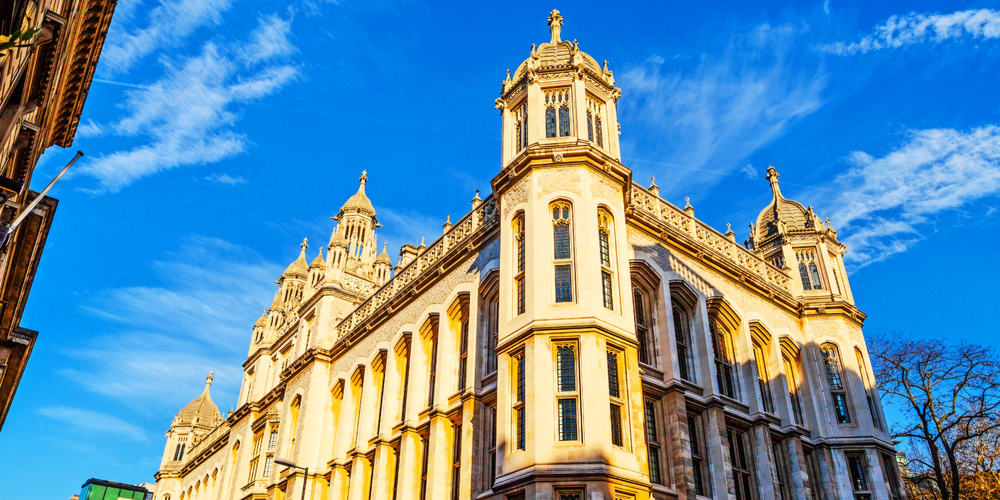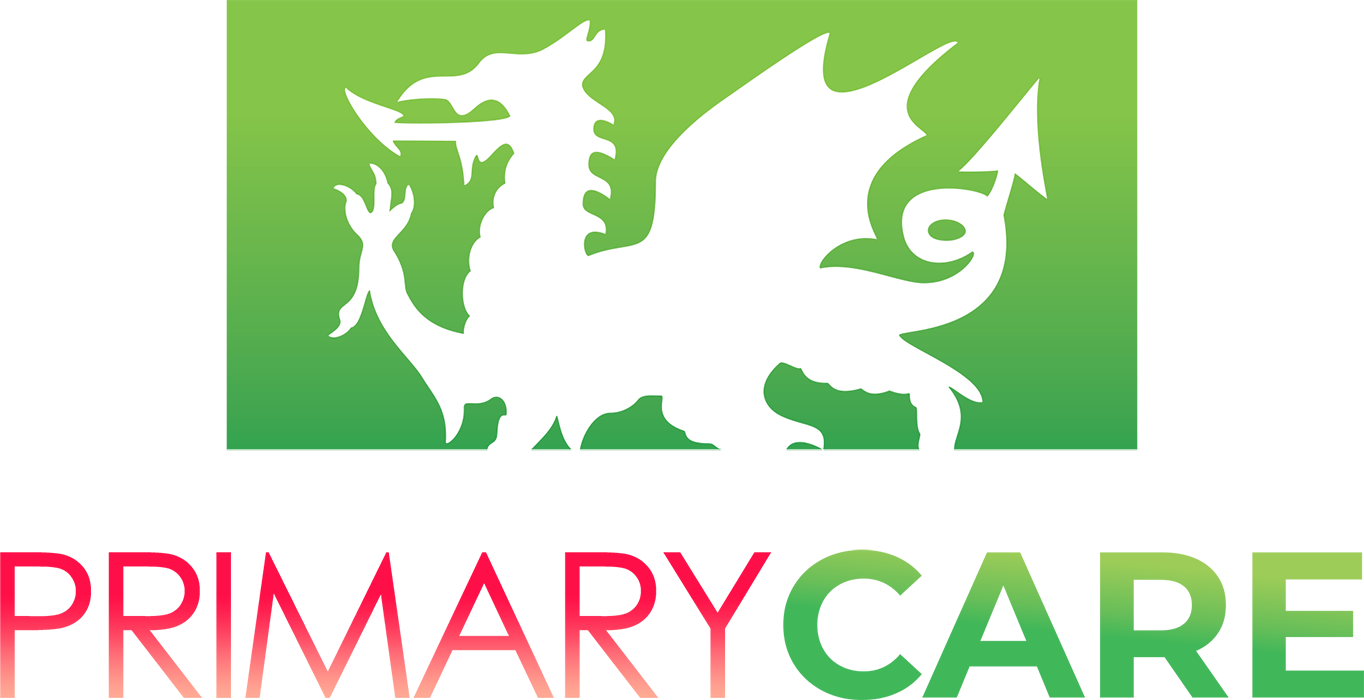
School of Medicine
The King’s College London School of Medicine is one of Europe’s largest medical teaching and research centres. The School houses two MRC Centres in Transplantation and the Allergic Mechanisms of Asthma, and was honored by the British Heart Foundation in 2008 with the Centre of Excellence status. This reputation for excellence attracts students from all over the world, resulting in one of the UK’s most varied undergraduate populations.
Undergraduate Medicine Programmes
The School of Medicine offers four different MBBS degree programmes: a standard 5-year programme, a 4-year Graduate and Professional Entry programme, a 4-year MaxFax programme for qualified dentists wishing to study for a career in oral and maxillofacial surgery, and a 6-year Extended Medical Degree programme.
5-Year Programme
The curriculum for the 5-year MBBS programme is built around compulsory Core modules and Special Study Modules, both of which students undertake at the start of the course. Years 1 and 2 focus on using clinical scenarios to introduce basic biomedical, epidemiological and behavioural science topics. Students also meet their patients, with whom they will work throughout the course, at the beginning of Year 1 and undertake a Special Study Module on a medical or relevant non-medical topic of their choosing at the end of Year 1. Year 2 introduces inter-professional education by having students from different health programmes learn and work together.
Year 3 focuses on the development of clinical skills through teaching, a clinical immersion period, wherein students work as part of a team on a ward, and further Special Study Modules. Year 4 concentrates on specialised adult medicine, surgery, psychiatry, public health, pharmacology, epidemiology and therapeutics, as well as related social issues and communication skills. In Year 5, students hone their vocational skills through clinical attachments at hospitals in the community.
An Intercalated Degree option is available for students wishing to pursue a BSc.
4-Year Graduate and Professional Entry Programme
The 4-year Graduate and Professional Entry Programme (GPEP) consists of a foundation year and then the Years 3-5 curriculum of the standard MBBS programme. The foundation year involves patient contact learning and problem- and case-based teaching. Students also have the option of an Intercalated Degree if they wish to pursue a BSc.
4-Year MaxFax Programme
The 4-year MaxFax programme is open to qualified dentists registered with the UK General Dental Council who wish to study for a career in oral and maxillofacial surgery. Like the GPEP, the MaxFax programme consists of a foundation year before moving on to Years 3-5 of the standard MBBS programme. An Intercalated Degree option is available for students wishing to pursue a BSc.
6-Year Extended Medical Degree Programme
The 6-year Extended Medical Degree Programme (EMDP) is specially designed for students from designated schools or boroughs with high levels of social disadvantage. The curriculum follows the standard MBBS curriculum, but Years 1 and 2 of the standard programme are spread out over three years for the EMDP to allow more time for tutorials and self-directed study.
Postgraduate Medical Programmes
A wide range of Postgraduate Taught programmes are available at the School of Medicine. Degrees offered include the MSc, MRes, PGCert, PGDip, and MPH, as well as combination degrees. Postgraduate Research programmes are also carried out throughout the School, often across divisions and disciplines.
Dental Institute
The King’s College London Dental Institute is the UK’s largest academic dental centre. Responsible for training approximately a quarter of all UK dentists, the Institute has received top scores in the most recent reviews from the RAE and QAA.
Undergraduate Dentistry Programmes
The Dental Institute offers three different BDS degree programmes: a standard 5-year programme, a 4-year fast track programme for graduates in a biomedical or health-related subject, and a 3-year programme for qualified doctors.
5-Year Programme
The 5-year programme starts with an emphasis on dental and scientific knowledge while introducing basic clinical skills in Year 1. Year 2 focuses on developing clinical skills in the university’s learning facility by treating patients; students will work with and continue treating certain patients throughout their time at the Institute. Students also begin learning about human disease in this year. Year 3 introduces students to restorative dentistry, tooth extraction, oral surgery and further aspects of human disease.
Year 4 focuses strongly on treating adult and child patients at both on-campus and off-campus centres, beginning orthodontics, advanced restorative dentistry and treating oral disease. In Year 5, students start to work with dental nurses and hygienists while treating patients, and are given the opportunity to study a dentistry-related subject of their choice in depth; students wishing to learn a new language as well can do so at the King’s College Modern Language Centre.
An Intercalated Degree option is available for students wishing to pursue a BSc in addition to the BDS.
4-Year Programme
The 4-year programme is open to graduates with at least an upper second degree (or equivalent) in a biomedical or health-related subject or at least a lower second (or equivalent) with a graduate degree in a biomedical or health-related subject. The curriculum starts at Year 2 of the standard programme, although students will be required to take a two- to three-week preparatory course before the start of the programme. Students wishing to pursue a BSc as well as the BDS may select the programme’s Intercalated Degree option.
3-Year Programme
The 3-year programme is open to qualified, GMC-registered doctors seeking a career in oral and maxillofacial surgery or oral medicine and pathology. The curriculum follows Years 3-5 of the standard programme. Students in this programme will be expected to know the material of Years 1 and 2 based on the entry requirements. However, students will be required to attend a short two- to three-week preparatory course in September before starting the course.
As with the 5-year and 4-year programme, an Intercalated Degree option is available for students wishing to obtain a BSc.
Postgraduate Dentistry Programmes
The Dental Institute offers a wide range of Postgraduate Taught programmes, as well as a Postgraduate Research programme in dentistry.
Postgraduate Taught degrees available include the MSc, MClinDent, PG Dip and MSc DL. Some MSc and MSc DL programmes are taught through distance learning only.
The Postgraduate Research programme in dentistry leads to an MPhil or PhD, and can be undertaken either part time or full time.
Student Life
The City
London is the extremely vibrant, modern and diverse capital of England – 300 languages are spoken here. The city is home to the houses of Parliament, the BBC, the UK’s major newspapers and many international embassies. With internationally renowned historical attractions, theatres and museums, a thriving arts, literature and music scene and a huge variety of restaurants, clubs and bars, life in London has something to offer everybody.
Student Activities
The King’s College Student Union oversees a wide range of student societies, campaigning and volunteering activities, fundraising projects, and general outings, campus parties and group events. The college’s campuses also host several student bars and clubs.
The Student Union also runs over 50 sports clubs at all levels. Sports grounds, pitches, courts and training areas can be found at one of the College’s many outdoor sports facilities, while exercise facilities and classes can be found at the Kinetic Fitness Club on the Waterloo Campus.
Student Support
The College’s Advice Service provides support and resources on academic issues such as plagiarism or funding problems, and also offers information on special arrangements for students with disabilities.
The Careers Service provides resources and guidance for students preparing to enter the working world, and sponsors events and talks throughout the year.
International students can find support from the Student Advice and International Student Support service, which places an advisor on each campus to answer questions about issues such as visa enquiries, immigration and work permits. The College’s English Language Centre also provides courses for students wishing to improve their English skills.
With offices located on the College’s different campuses, the Chaplaincy offers free confidential counseling, sponsors events throughout the year, and runs regular Christian services. The Chaplaincy is open to students of all beliefs and can place students in contact with communities and Student Union societies of different faiths as well.
